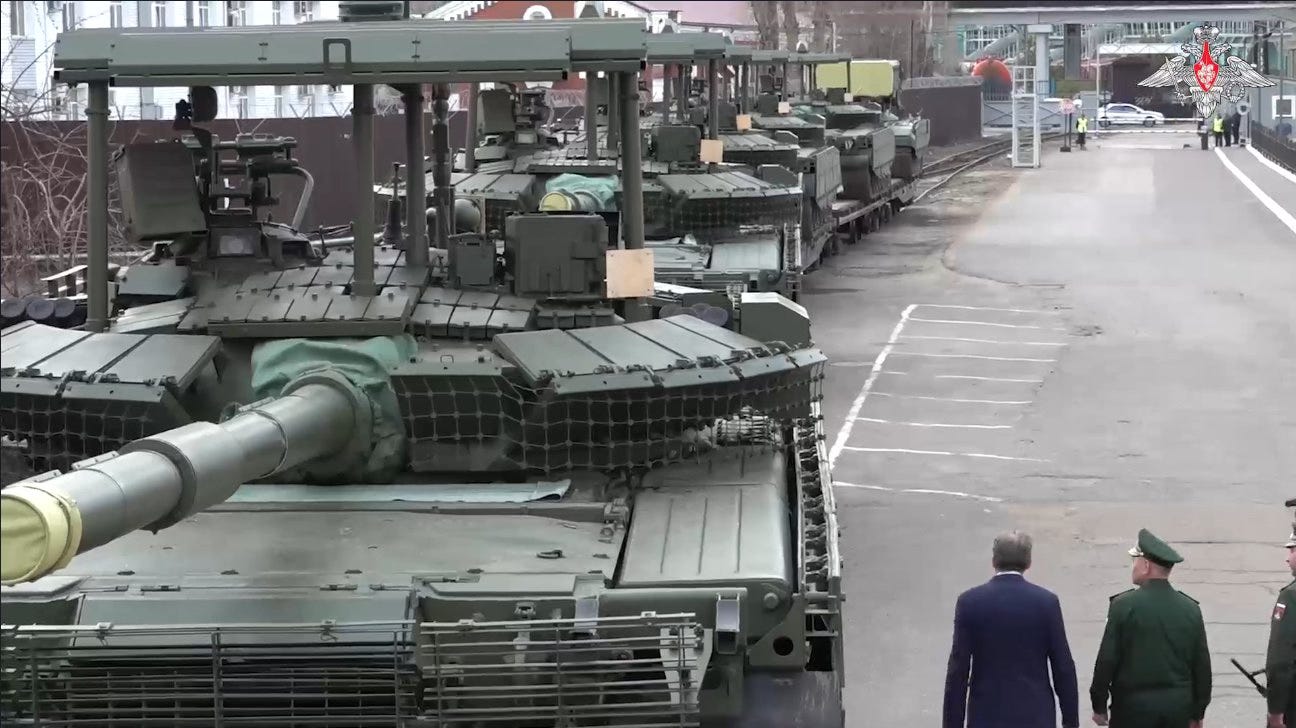Ukraine and Military Adaptation (II)
Part Two: Military Effectiveness and Military Adaptation in Ukraine
Strategy is dialectical in two respects – first in the interaction between willful actors, and second, from the perspective of an individual actor, in the interaction between ends and means. It is this dialectical quality that gives strategy its dynamism and drama…in the dialectic of ends and means, implementation does not follow the promulgation of strategy but forms part of the feedback loop that will result in the evolution of the strategy.
Sir Lawrence Freedman, In Praise of Tactics, 2024
In the first part of this two-part series, I explored some basic hypotheses about adaptation and the war in Ukraine. These ideas, summarised below, provide the context for a deeper exploration of military adaptation and its application in modern warfare, particularly in the Ukraine War:
1. Adaptation has occurred in both the Ukrainian and Russian military institutions during the war. This adaptation has changed the structure, tactics, and training of both organisations, and they are both different military institutions compared to February 2022.
2. This adaptation has taken place at multiple levels. In any military institution, there are multiple instances of adaptation occurring concurrently, and these occur in different geographic areas as well as at different levels within the hierarchy of a military force.
3. The effectiveness of adaptation that occurs in war relies on pre-war foundations. While adaptation that occurs in combat is a natural reaction for military personnel who wish to ‘survive the next battle’, wider scale adaptation can be more effective if there are pre-existing processes and cultures for learning and sharing lessons within and between institutions.
4. Possessing an institutional learning culture and an agreed method for learning and sharing lessons can ensure that once battlefield lessons begin to flow during wartime, there are ready pathways for ensuring that these lessons can be employed to improve training, education, tactics, strategy, equipment, and alliances to improve the overall military effectiveness of an institution.
5. While adaptation is designed to improve the effectiveness of organisations, not every adaptation does so. Some adaptations fail.
6. The process of adaptation is linked to the concept of military effectiveness. Ultimately, adaptation explicitly or implicitly is a process that should enhance the effectiveness of a military institutions at the tactical, operational, or strategic levels.
This second part of my examination of military adaptation will focus on the link between adaptation and military effectiveness, as well as how adaptation has been examined during the Ukraine War since February 2022. I also provide updated links to some resources on Ukrainian and Russian adaptation.
Keep reading with a 7-day free trial
Subscribe to Futura Doctrina to keep reading this post and get 7 days of free access to the full post archives.




